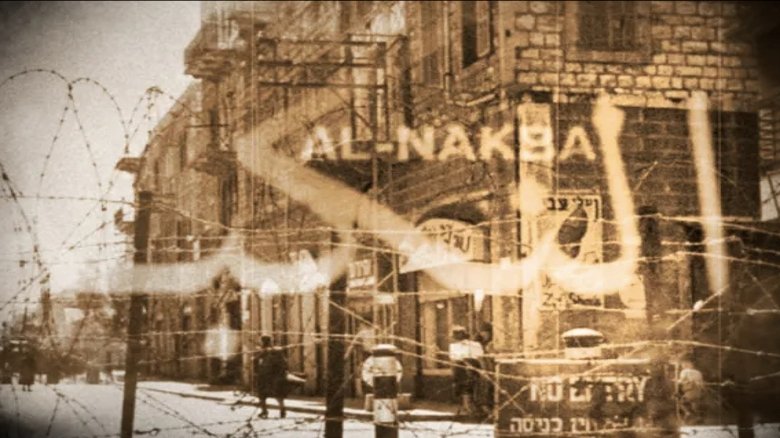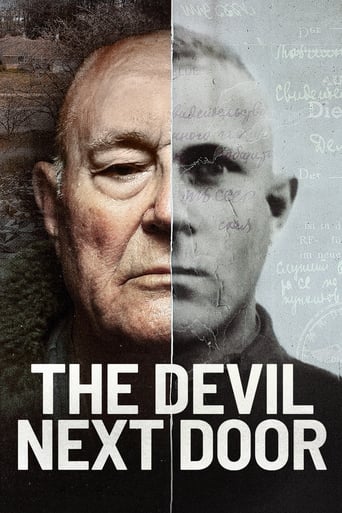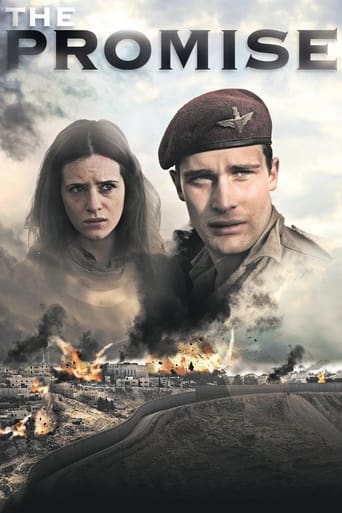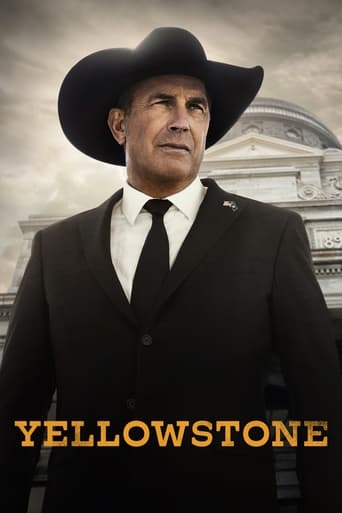
"The Nakba did not begin in 1948. Its origins lie over two centuries ago…." So begins this four-part series on the 'nakba', meaning the 'catastrophe', about the history of the Palestinian exodus that led to the first Arab-Israeli war in 1948, and the establishment of the state of Israel. This sweeping history starts back in 1799 with Napoleon's attempted advance into Palestine to check British expansion and his appeal to the Jews of the world to reclaim their land in league with France. The narrative moves through the 19th century and into the 20th century with the British Mandate in Palestine and comes right up to date in the 21st century and the ongoing 'nakba' on the ground. Arab, Israeli and Western intellectuals, historians and eye-witnesses provide the central narrative which is accompanied by archive material and documents, many only recently released for the first time.
Seasons & Episode

This story starts in 1799, outside the walls of Acre in Ottoman-controlled Palestine, when an army under Napoleon Bonaparte besieged the city. It was all part of a campaign to defeat the Ottomans and establish a French presence in the region. In search of allies, Napoleon issued a letter offering Palestine as a homeland to the Jews under French protection. He called on the Jews to ‘rise up’ against what he called their oppressors. Napoleon’s appeal was widely publicised. But he was ultimately defeated. In Acre today, the only memory of him is a statue atop a hill overlooking the city. Yet Napoleon’s project for a Jewish homeland in the region under a colonial protectorate did not die, 40 years later, the plan was revived but by the British.

On 19 April 1936, the Palestinians launched a national strike to protest against mass Jewish immigration and what they saw as Britain’s alliance with the Zionist movement. The British responded with force. During the six months of the strike, over 190 Palestinians were killed and more than 800 wounded. Wary of popular revolt, Arab leaders advised the Palestinians to end the strike. Palestinian leaders bowed to pressure from the Arab heads of state and agreed to meet the British Royal Commission of Inquiry headed by Lord Peel. In its report of July 1937, the Peel Commission recommended the partition of Palestine. Its report drew the frontiers of a Jewish state in one-third of Palestine, and an Arab state in the remaining two-thirds, to be merged with Transjordan. A corridor of land from Jerusalem to Jaffa would remain under British mandate. The Commission also recommended transferring where necessary Palestinians from the lands allocated to the new Jewish state.

On 29 November 1947, the UN General Assembly met to devise a plan for the partition of Palestine. UN Resolution 181 divided Palestine into an Arab and a Jewish state, with Jerusalem as an internationalised city. The Jewish state was granted 56 percent of the land; the city of Jaffa was included as an enclave of the Arab state; and the land known today as the Gaza Strip was split from its surrounding agricultural regions. But making the proposed Arab state all but proved impractical in the eyes of many Palestinians. When the draft resolution was presented for voting, Arab newspapers ran a ‘name and shame’ list of the countries that voted for the UN partition plan, and Arab protesters took to the streets. Following the partition resolution, Britain announced it would end its mandate in Palestine on 14 May 1948.

In early 1948, Jewish paramilitary forces began to seize more land in Palestine. By the end of July, more than 400,000 Palestinians had been forced to flee their homes, and their plight as refugees had just begun.

The historic struggle for Palestine is characterised as the claims and counter-claims of Arabs and Jews, but one factor that is often overlooked behind the Palestinian ‘nakba’ or ‘catastrophe’ of 1948, is the part played by an old imperial power, Britain. So, whose interests were best served by the British in Palestine? How did it honour its mandated duty of care? and what were the calculations and miscalculations it made in redrawing the map of Palestine, and reshaping its history? The 65 years of the Israeli statehood, continue to cause conflict and controversy. The history is written by the victors, who are the rewriters of history as new information, new documents, and new historians, come to light. It is time to examine how history itself is the battleground for the hearts and minds of new generations today.
Similar titles



You May Also Like
Top Streaming TV Show









